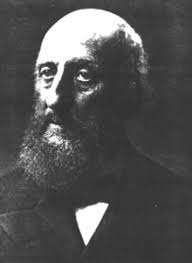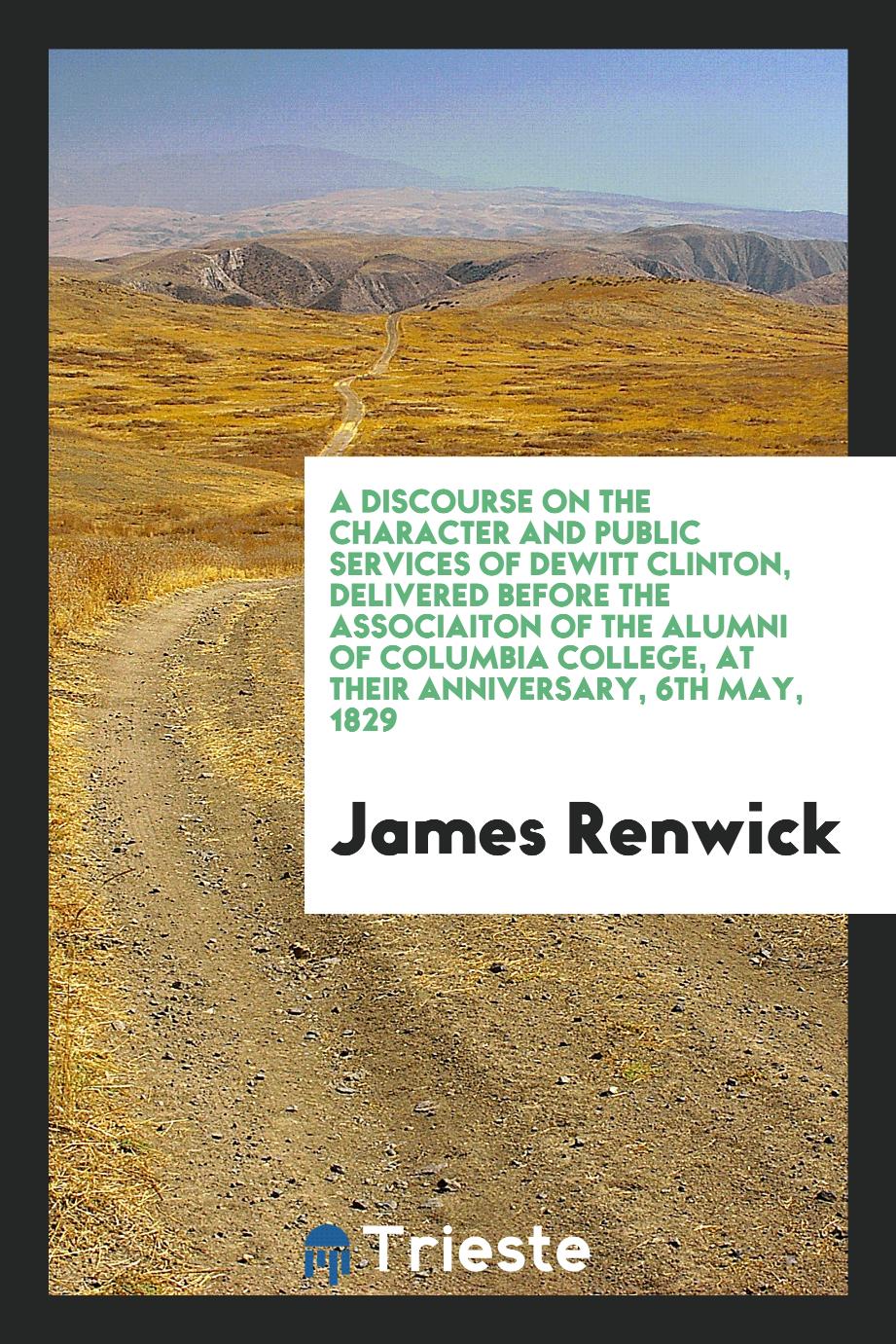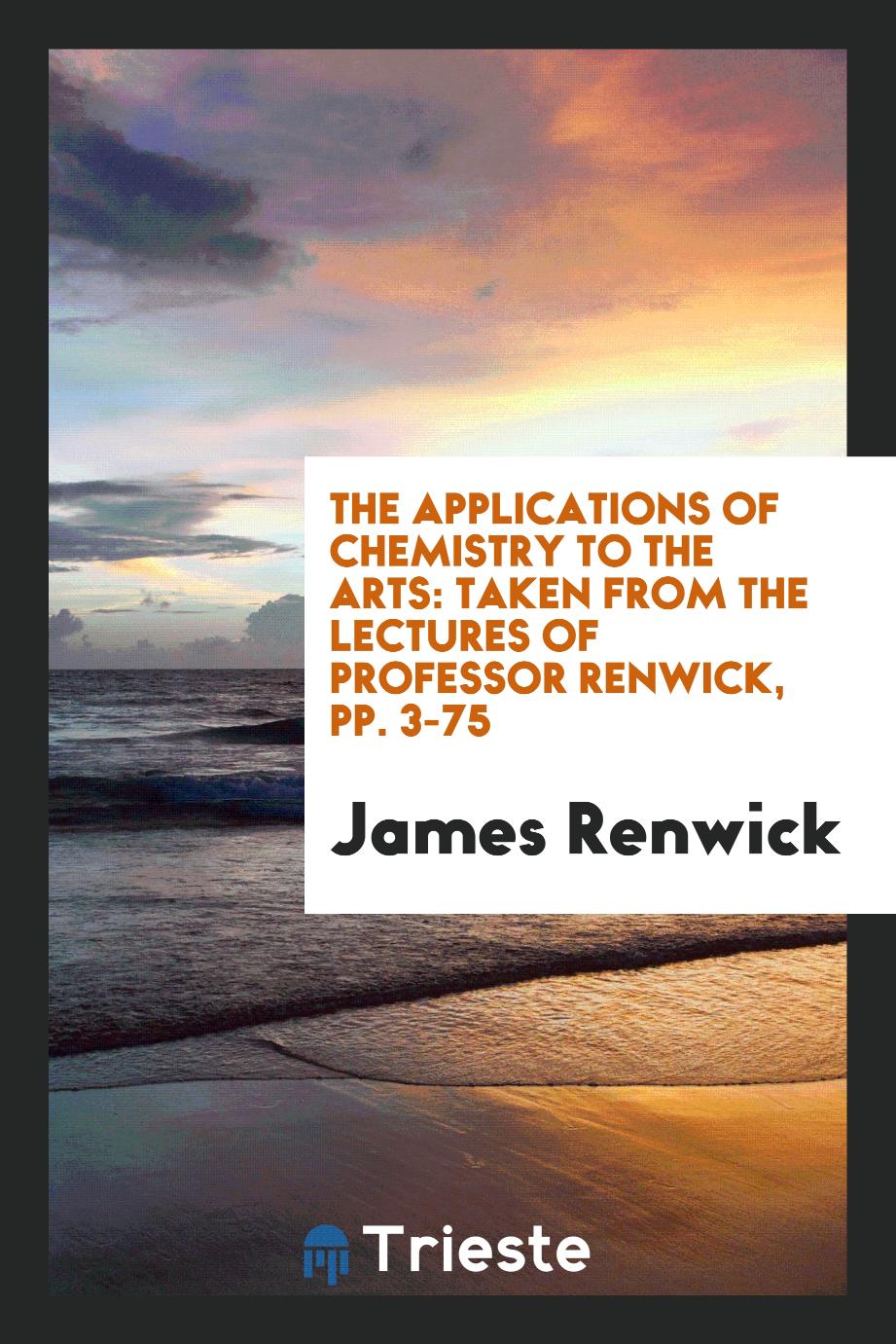
James Renwick
James Renwick Jr. (November 11, 1818, Bloomingdale, in upper Manhattan, New York City - June 23, 1895, New York City) was an American architect in the 19th century. The Encyclopedia of American Architecture calls him "one of the most successful American architects of his time". Renwick was born into a wealthy and well-educated family. His mother, Margaret Brevoort, was from a wealthy and socially prominent New York family. His father, James Renwick, was an engineer, architect, and professor of natural philosophy at Columbia College, now Columbia University. His two brothers were also engineers. Renwick is buried in Green-Wood Cemetery in Brooklyn, New York, with his wife and father. Renwick was not formally trained as an architect. His ability and interest in building design were nurtured through his cultivated background, which granted him early exposure to travel, and through a broad cultural education that included architectural history. He learned the skills from his father. He studied engineering at Columbia, entering at age twelve and graduating in 1836. He received an M.A. three years later. On graduating, he took a position as structural engineer with the Erie Railroad and subsequently served as supervisor on the Croton Reservoir, acting as an assistant engineer on the Croton Aqueduct in New York City. Renwick received his first major commission, at the age of twenty-five, in 1843 when he won the competition to design Grace Church, an Episcopal church in New York City, which was executed in the English Gothic style. In 1846, Renwick won the competition for the design of the Smithsonian Institution Building in Washington, DC. Built between 1847 and 1855, the many-turreted building, generally referred to as "the Castle," was designed in the Romanesque style, as requested by the Board of Regents of the Smithsonian, and was built of red sandstone quarried at the Seneca Quarry in Seneca, Maryland. It was a major influence in the Gothic revival in the United States. In 1849, Renwick designed the Free Academy Building (City College of New York), New York City, at Lexington Avenue and 23rd Street. It was one of the first Gothic Revival college buildings on the East Coast.


